What if the Persians had defeated Alexander the Great?
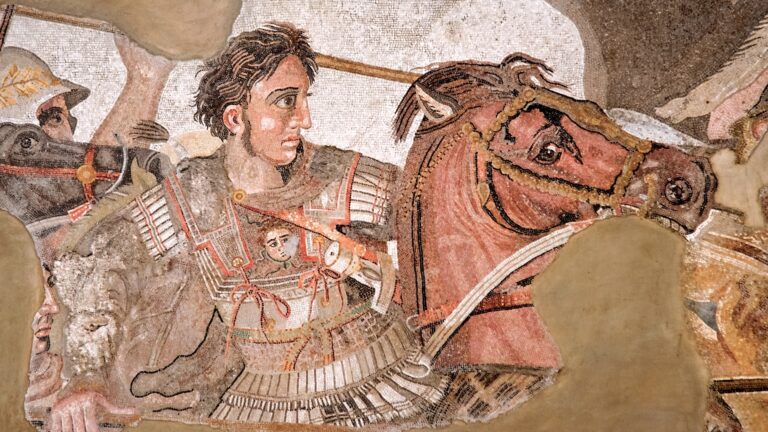
The world we live in might be unrecognizable if Alexander the Great had been defeated by the Persians.
Science and Technolgy blog

The world we live in might be unrecognizable if Alexander the Great had been defeated by the Persians.
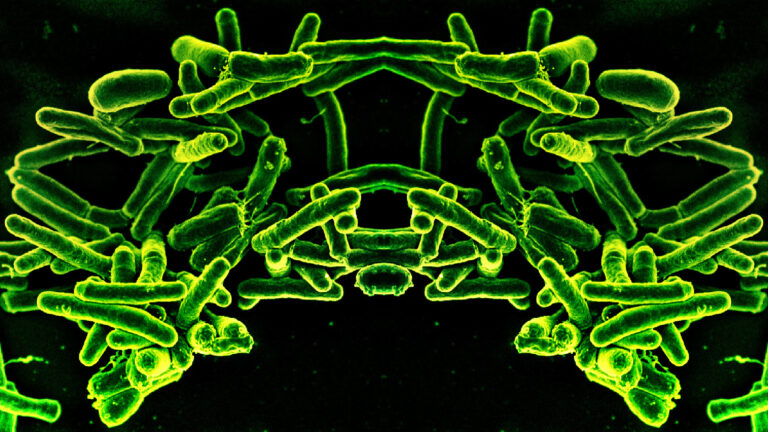
Bacteria that are mirror images of existing ones could evade our immune systems, causing serious illness.
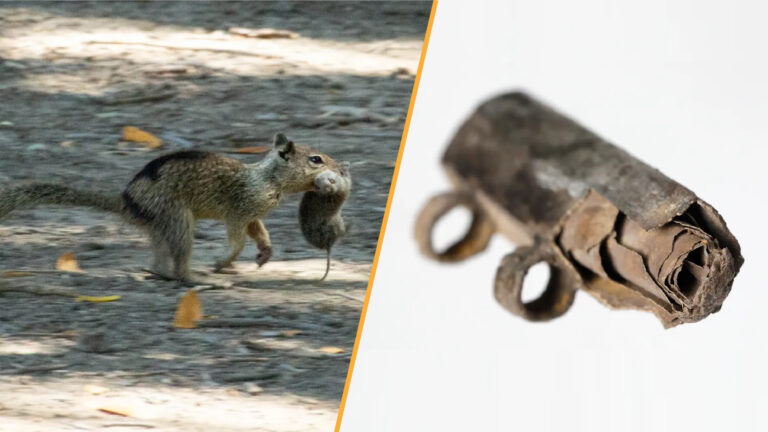
Dec. 20, 2024: Our weekly roundup of the latest science in the news, as well as a few fascinating articles to keep you entertained over the weekend.
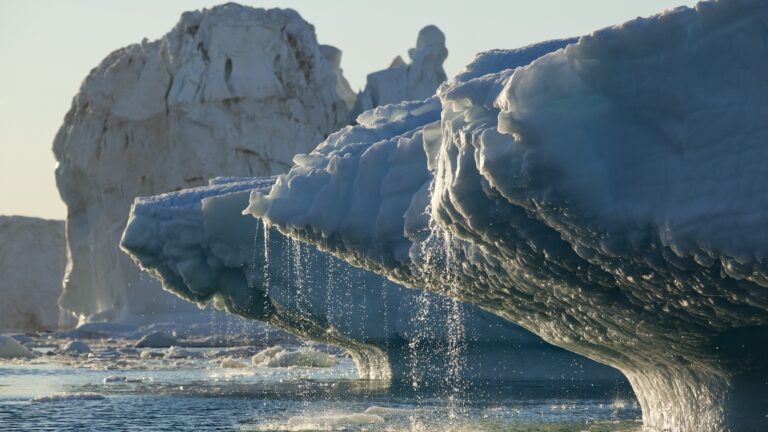
Satellite imagery from NASA and the European Space Agency reveal 13 years of melt on the Greenland Ice Sheet.
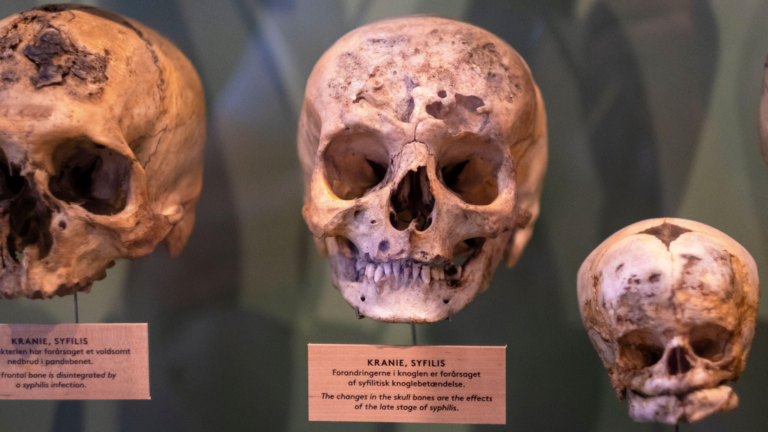
Paleogenomics has finally solved a question that has puzzled researchers for decades: Where did syphilis come from?
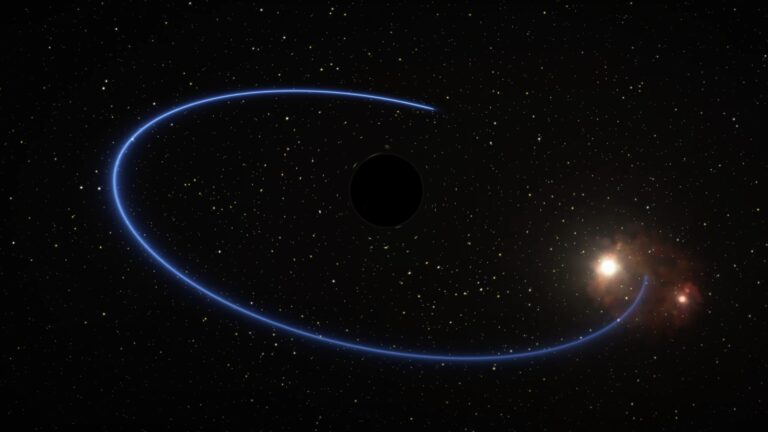
Astronomers have discovered a pair of young stars near the supermassive black hole at the heart of our galaxy. Studying them can offer a rare glimpse into how stars can endure — at least briefly — the immense gravity exerted…
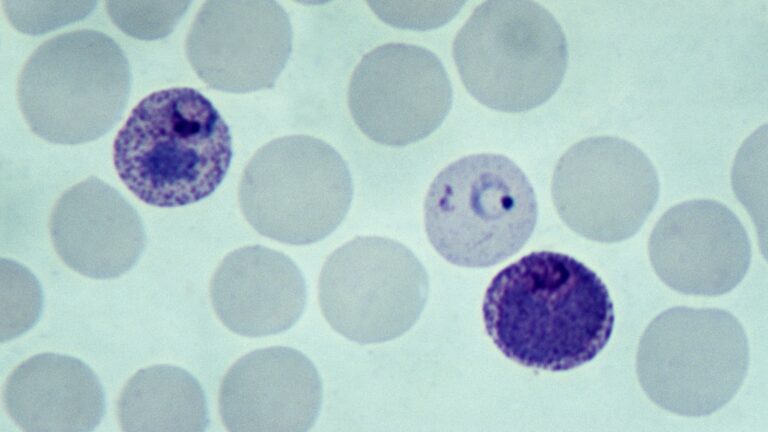
An initially “unknown” illness affecting hundreds in the Democratic Republic of the Congo may be attributable to malaria, malnutrition and a viral infection. But investigations are ongoing.
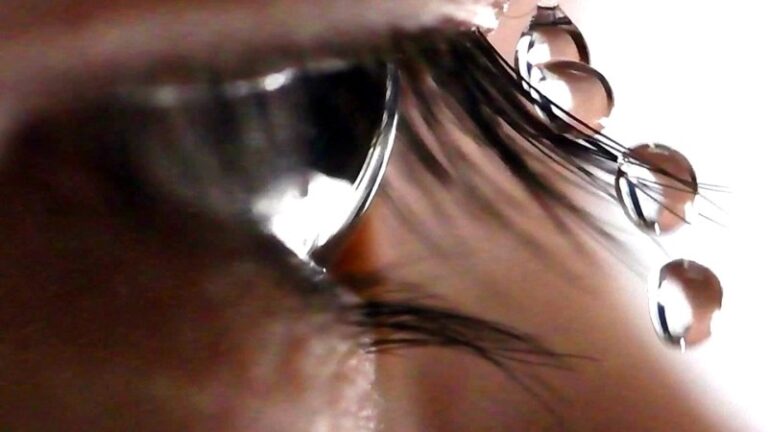
Eyelashes “micro-ratchet” structure and curved shape help wick water away from the eyes.
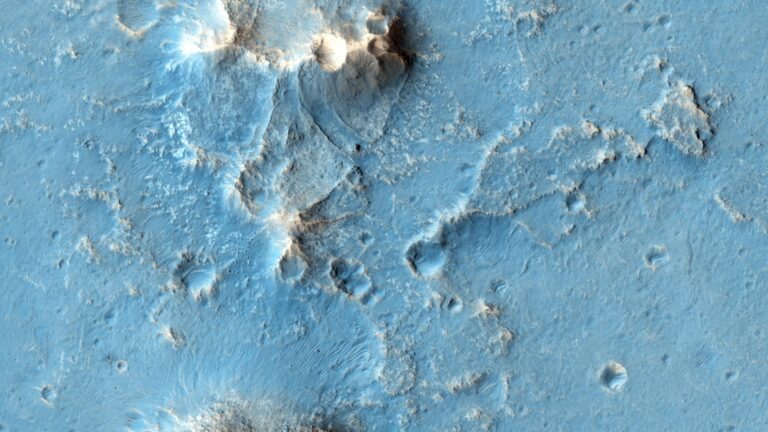
Researchers believe volcanic ash created dark rocks at Oxia Planum, the site of a future Mars rover landing mission. The off-color rocks may be protecting signs of life — if there ever was life on Mars.

Science News drew millions of visitors to our website this year. Here’s a recap of the most-read and most-watched news stories of 2024.